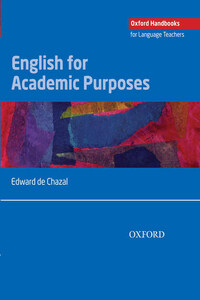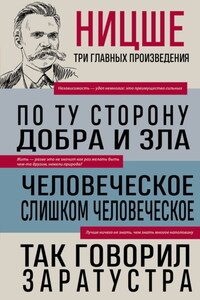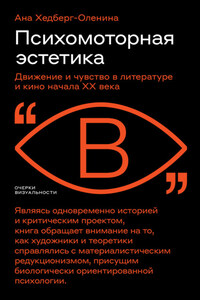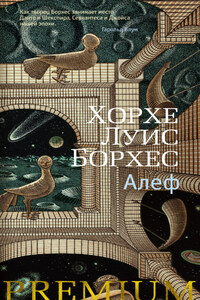Great Clarendon Street, Oxford, OX2 6DP, United Kingdom
Oxford University Press is a department of the University of Oxford. It furthers the University’s objective of excellence in research, scholarship, and education by publishing worldwide. Oxford is a registered trade mark of Oxford University Press in the UK and in certain other countries
© Oxford University Press 2014
The moral rights of the author have been asserted
First published in 2014
2018 2017 2016 2015 2014
10 9 8 7 6 5 4 3 2 1
All rights reserved. No part of this publication may be reproduced, stored in a retrieval system, or transmitted, in any form or by any means, without the prior permission in writing of Oxford University Press, or as expressly permitted by law, by licence or under terms agreed with the appropriate reprographics rights organization. Enquiries concerning reproduction outside the scope of the above should be sent to the ELT Rights Department, Oxford University Press, at the address above
You must not circulate this work in any other form and you must impose this same condition on any acquirer
Links to third party websites are provided by Oxford in good faith and for information only. Oxford disclaims any responsibility for the materials contained in any third party website referenced in this work
Photocopying
The Publisher grants permission for the photocopying of those pages marked ‘photocopiable’ according to the following conditions. Individual purchasers may make copies for their own use or for use by classes that they teach. School purchasers may make copies for use by staff and students, but this permission does not extend to additional schools or branches
Under no circumstances may any part of this book be photocopied for resale
ISBN: 978 0 19 442371 7
Printed in China
This book is printed on paper from certified and well-managed sources
PUBLISHER’S ACKNOWLEDGEMENTS
The author and publisher are grateful to those who have given permission to reproduce the following extracts and adaptations of copyright material: p24 Extract from ‘Theorizing and practicing critical English for academic purposes’ by Sarah Benesch, Journal of English for Academic Purposes, Vol 8, Issue 2, pp.81–85. Copyright 2009. Reproduced by permission of Elsevier; p24 Extract from ‘Different not Deficit: Towards a More Critical EAP Pedagogy’ by F. Cotton, EAP in a Globalizing World: English as an Academic Lingua Franca (Proceedings of the 2007 BALEAP conference) edited by Melinda Whong. © Garnet Publishing Ltd 2007. Reproduced by permission; p36 Extract from English for Academic Purposes: An Advanced Resource Book by Ken Hyland. Published by Routledge, 2006. Reproduced by permission of Ken Hyland; p36 Extract from Theory and Concepts of English for Academic Purposes by Ian Bruce, Palgrave Macmillan, May 2011. Reproduced by permission of Palgrave Macmillan; p37 Extract from ‘Culture shock? Genre shock?’ by Christine B. Feak, English for Specific Academic Purposes (Proceedings of the 2009 BALEAP Conference) edited by Sian Etherington. © Garnet Publishing Ltd 2009. Reproduced by permission; p37 Extract from ‘Discipline and divergence: evidence of specificity in EAP’ by Ken Hyland, English for Specific Academic Purposes (Proceedings of the 2009 BALEAP Conference) edited by Sian Etherington. © Garnet Publishing Ltd 2009. Reproduced by permission; p44 Extract from the Bangor University Guide to MA Courses in Linguistics 1990–1 by P. Scholfield. Reproduced by permission of Bangor University; p59 Extract from Genre Analysis: English in Academic and Research Settings by John Swales, Cambridge University Press, 1990. © Cambridge University Press 1990. Reproduced by permission; p68 Extract from Evolution: A Very Short Introduction by Brian Charlesworth and Deborah Charlesworth, Oxford University Press, Jun 2003. Reproduced by permission of Oxford University Press; p85 Extract from ‘Confronting the Coffee Crisis: Can Fair Trade, Organic, and Specialty Coffees Reduce Small-Scale Farmer Vulnerability in Northern Nicaragua?’ by Christopher Bacon, World Development, Vol 33, Issue 3, March 2005, Elsevier. Reproduced by permission of Elsevier; p89 Table 1.11 from








